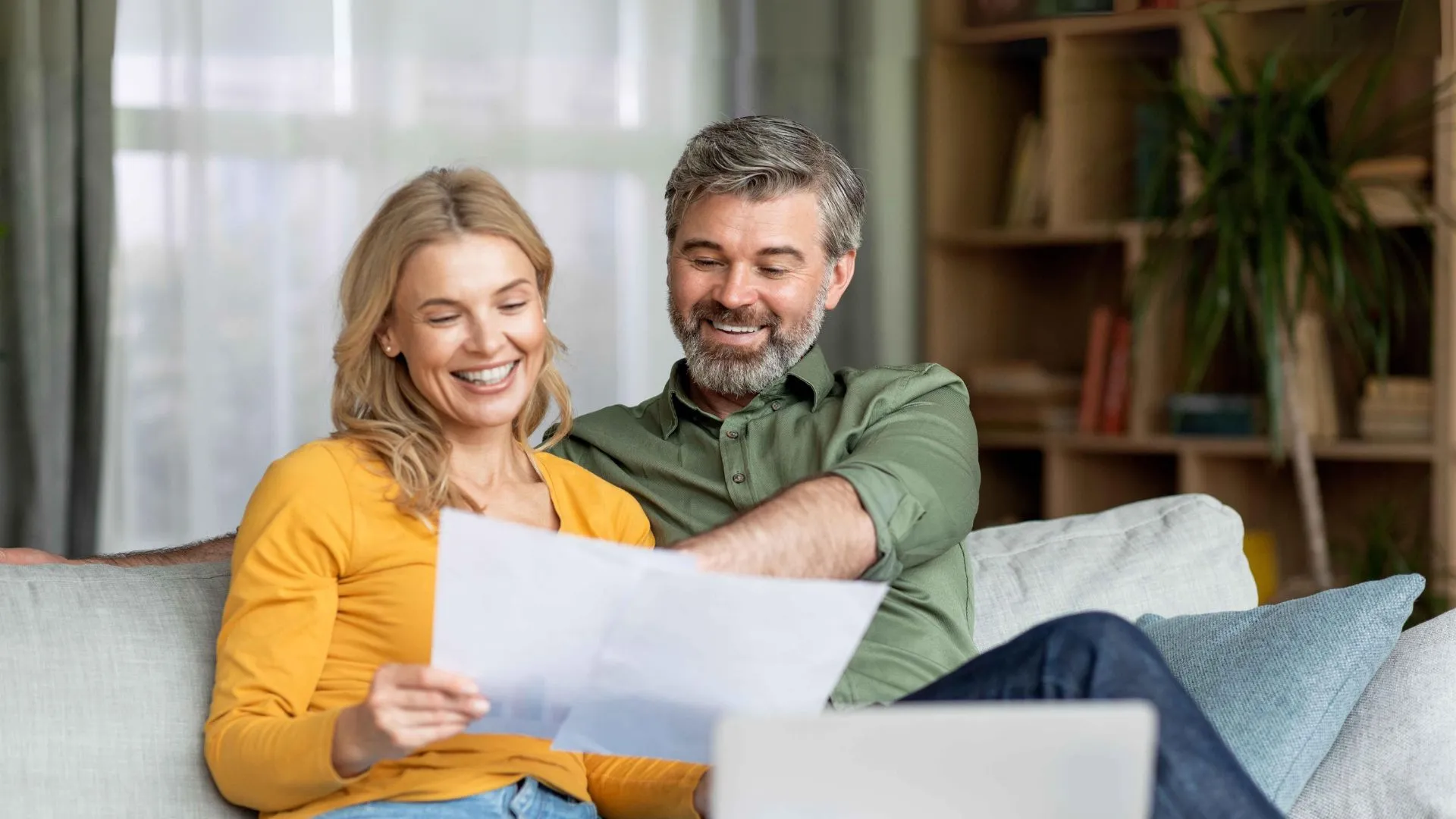PODCAST
How You Can Support Local and Small Businesses with Thomas Barr
More than ever before, local businesses and small business owners need your support. If you’re a business owner, I’m sure you know this by now; if you’re a consumer, you’re probably wondering what you can do to help your community and stop big chains from taking over even more of the landscape.
For the last 15 years, Thomas Barr has been helping communities answer these questions. Thomas is the executive director of Local First Arizona, an organization here in Phoenix that provides business owners with networking, education, and guidance on how to operate more efficiently.
Today, Thomas joins the podcast to talk about why the odds have always been stacked against small business owners, how the COVID-19 pandemic has made things that much tougher, and what you can do to support your favorite businesses in this precarious time.
In this podcast interview, you’ll learn:
- Why shopping locally as opposed to with a chain store has such a big impact on your community.
- How seemingly unrelated local businesses can innovate and collaborate to lift each other up and create new opportunities.
- Why local businesses permanently lose customers when they underperform or fail to satisfy them.
- How the COVID-19 pandemic and the availability of PPP loans emphasized the fact that small business and big business are constantly at odds with each other in America.
- How Local First is building infrastructure and creating opportunities to help local businesses grow, scale, and deliver customer experiences that can compete with global retailers.
Listen on your favorite platform:
Apple | Spotify | YouTube
Interview Resources
Disclaimer:
These materials and links are provided strictly as a courtesy. We make no representations as to the completeness or accuracy of information provided at these websites. When you access one of these websites, you are leaving our website and assume total responsibility and risk for your use of the website to which you are linking. The information is not intended to provide you with any personalized financial, insurance, legal, accounting, tax, or other professional advice.
Master Your Retirement
With These Essential Resources
As Featured In









%20(3000%20x%203000%20px)%20(3000%20x%202000%20px)%20(1).jpg)

.jpg)

